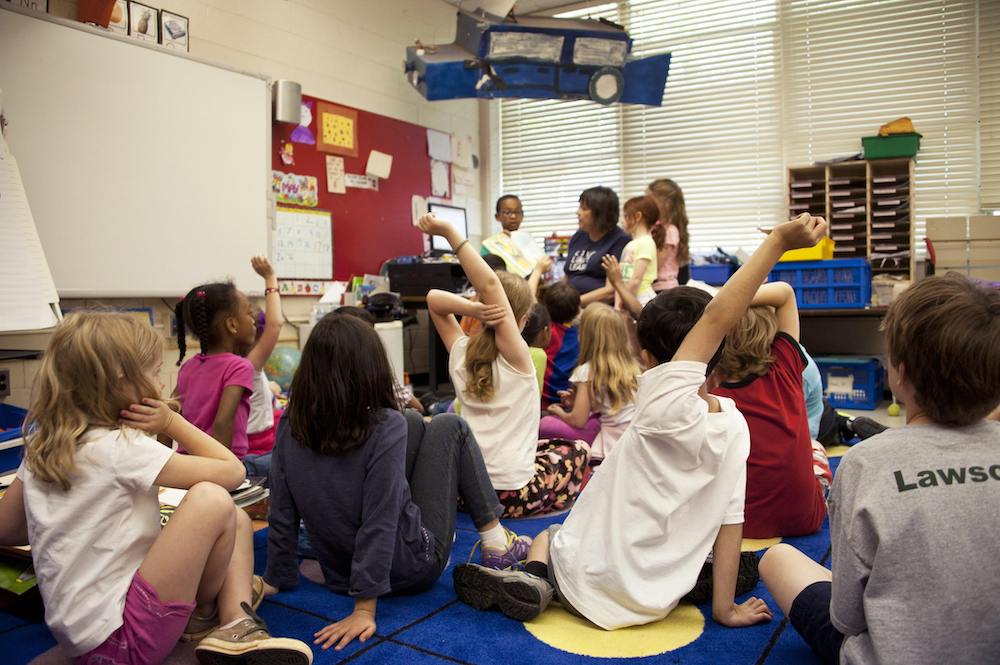As we have discussed before, children are learning savants, able to pick up and retain new information much faster than adults. Therefore, teaching your child a second or third language earlier in life can make learning and picking up new skills more natural and fun. The earlier you start teaching your child new language skill, the easier it is for them. You can start your children learning another language as early as 12 months of age, as they learn their first language.
Specialized Language Playgroups for Children
At the Agape School of Education (ASOE), we have specialized playgroups for your bi-lingual child in the language of your choice. This could be a mother tongue language that you child is not exposed to in Singapore, like French or German; or a language, you want them to pick up for later in life, like Mandarin! Our courses not only cover skills and language, but we also emphasize learning about the culture of the language. Using natural and fun methods, such as playing games, doing puzzles, telling and writing stories, singing and through the use of audio-visual tools, our classes are always focused on bringing fun into the learning journey. All activities involve your child using their new language skills on a daily basis for memory retention.
Study on how children learn
A recent study conducted on 100 Primary 4 students assessed their language learning aptitude, which assessed their ability to analyze language (language-analytic ability), to memorize language material (memory ability) and to handle language sounds (phonological awareness).
Differently to what people might expect, the study found that the children’s language-analytic ability was most important, followed by phonological awareness. These two abilities contributed to predicting the children’s achievement in learning a foreign language, while memory ability was only marginally relevant. So, making your child sit and memorize words, has been proven to be a poor way to teach them a new skill.
The study found that encouraging children to analyse the language, or skill, led to better outcomes. This is why, we at ASOE, don’t just focus on the technical aspects of language, but incorporate aspects of the culture. Of course, it is true that primary school children are still developing their ability to learn. Therefore, we cannot expect to teach them language skills in exactly the same approach as we would for teenagers or even adults. However, regardless of age, injecting fun into language studies, far from being a distraction, is a powerful learning strategy. By doing things you enjoy, you can relax and engage more with the natural learning process.
Help your children learn a new language to benefit them is all areas of life. With the increased globalization of labour, there is an increasing demand for languages skills in the workforce. Learning a second or third language will benefit your child in nearly any career. But let’s not get too carried away. Even right now, in their Primary School, knowing more than one language will help your child better communicate in school and in society.
That said, while we focused on child learners in this article; Learning can be fun for all ages if learning is facilitated in a fun way and delivered in a natural way.




0 Comments